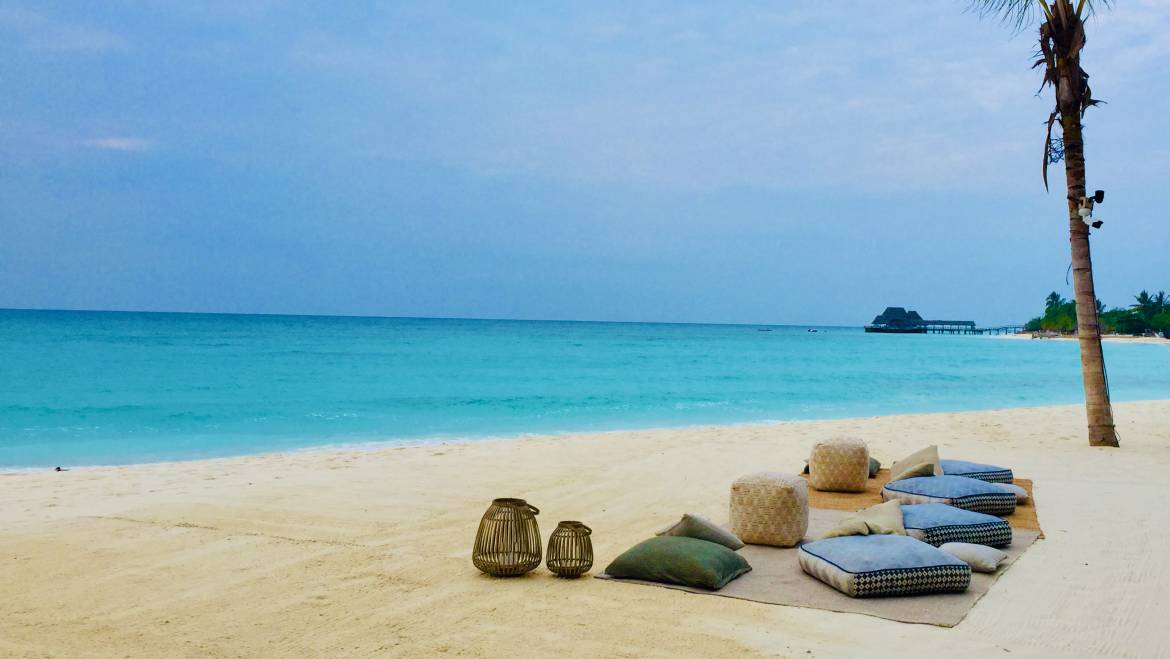Where is Zanzibar and why go?
I was delighted when I knew I would be going to Zanzibar. It was the depths of winter in the UK yet in Zanzibar, I knew it would be blissfully warm, as it is all year. I’ve been to many parts of Africa, including Tanzania but I’ve not visited the island that’s 40 miles across the sea from Dar es Salaam.
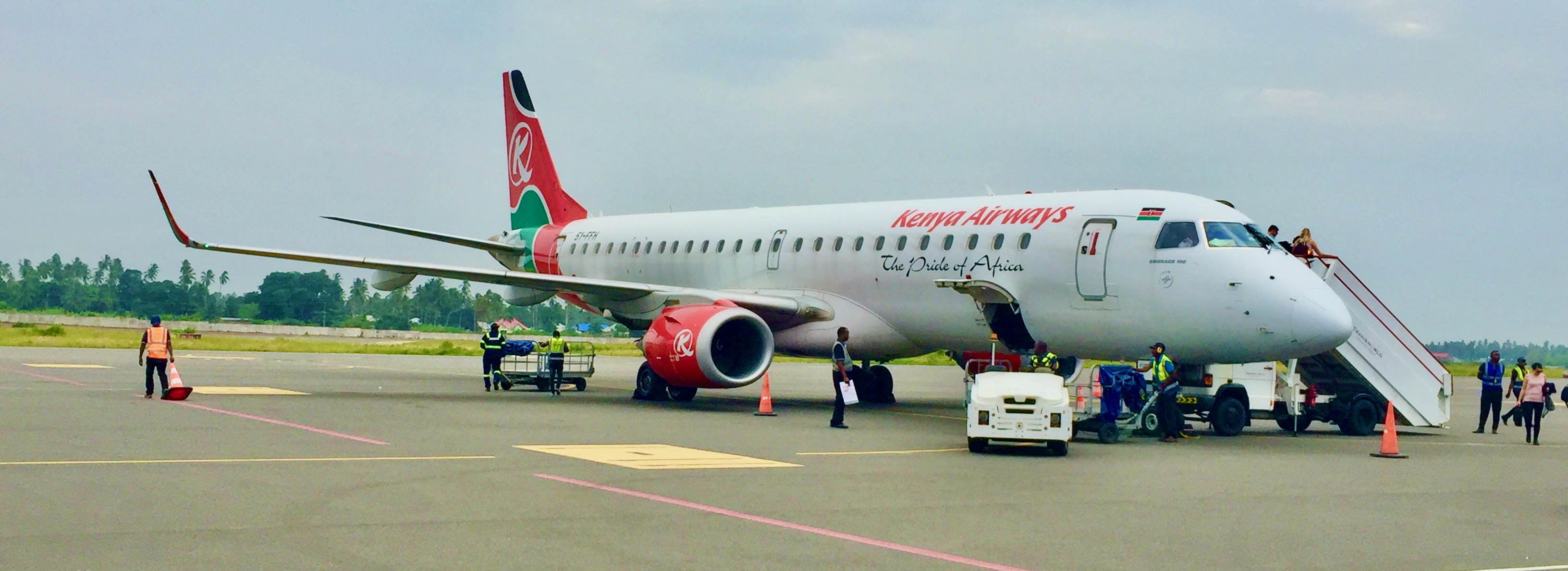
Many holidaymakers visit Zanzibar after a safari on the mainland, fancying a bit of town life, after a week in the bush and also a respite from the dusty game drives. Zanzibar is actually several islands, but the largest, Unguja, is where the majority of the million or so inhabitants live and Stone Town in the south is where most activity takes place.
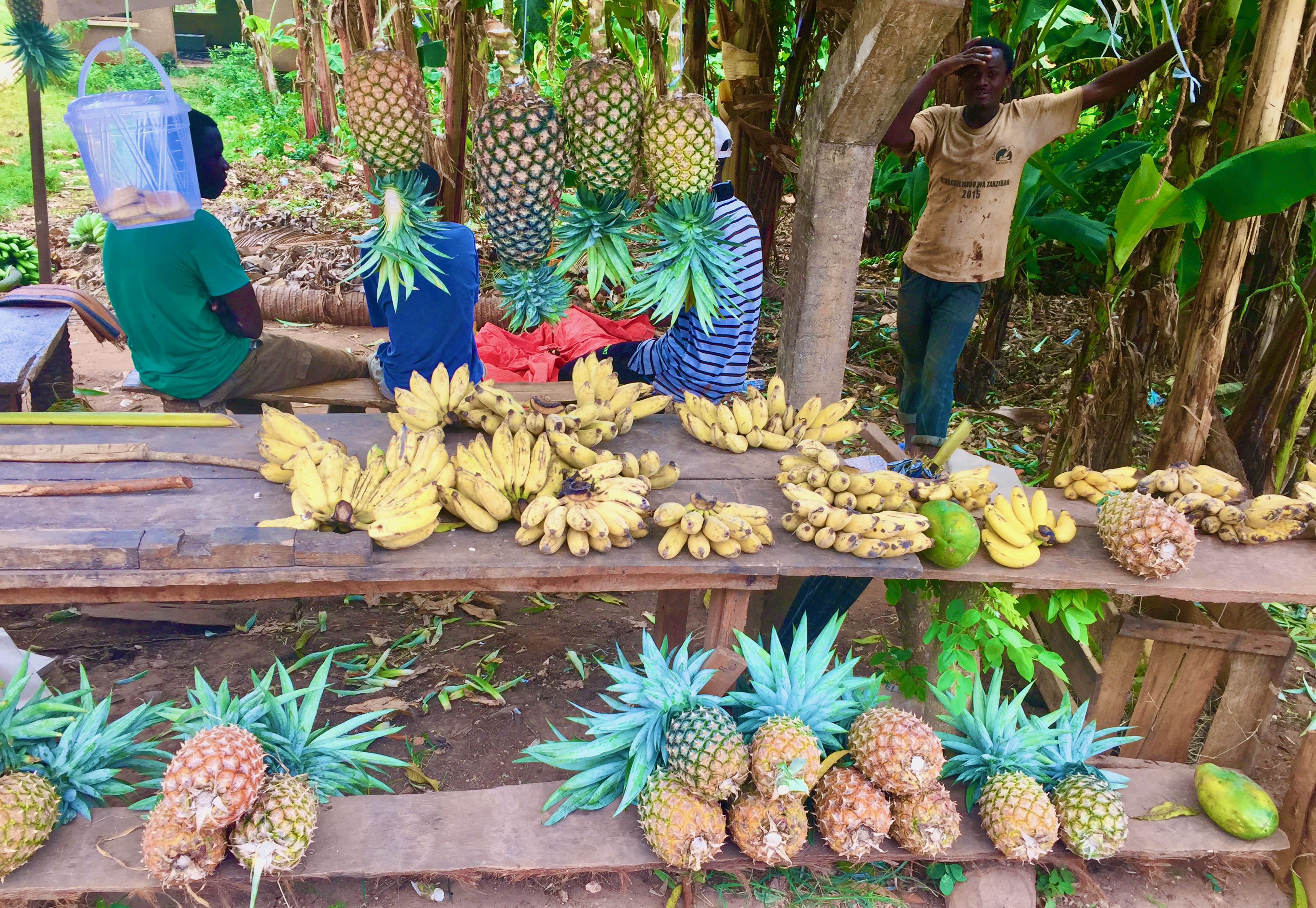
Stone Town, Zanzibar
It was a former slave town and has Arab roots as the Sultan of Oman moved his government there in the 1840s. Many Indians settled here too, attracted by the spice trade. It still is a melting pot of cuisines and cultures.
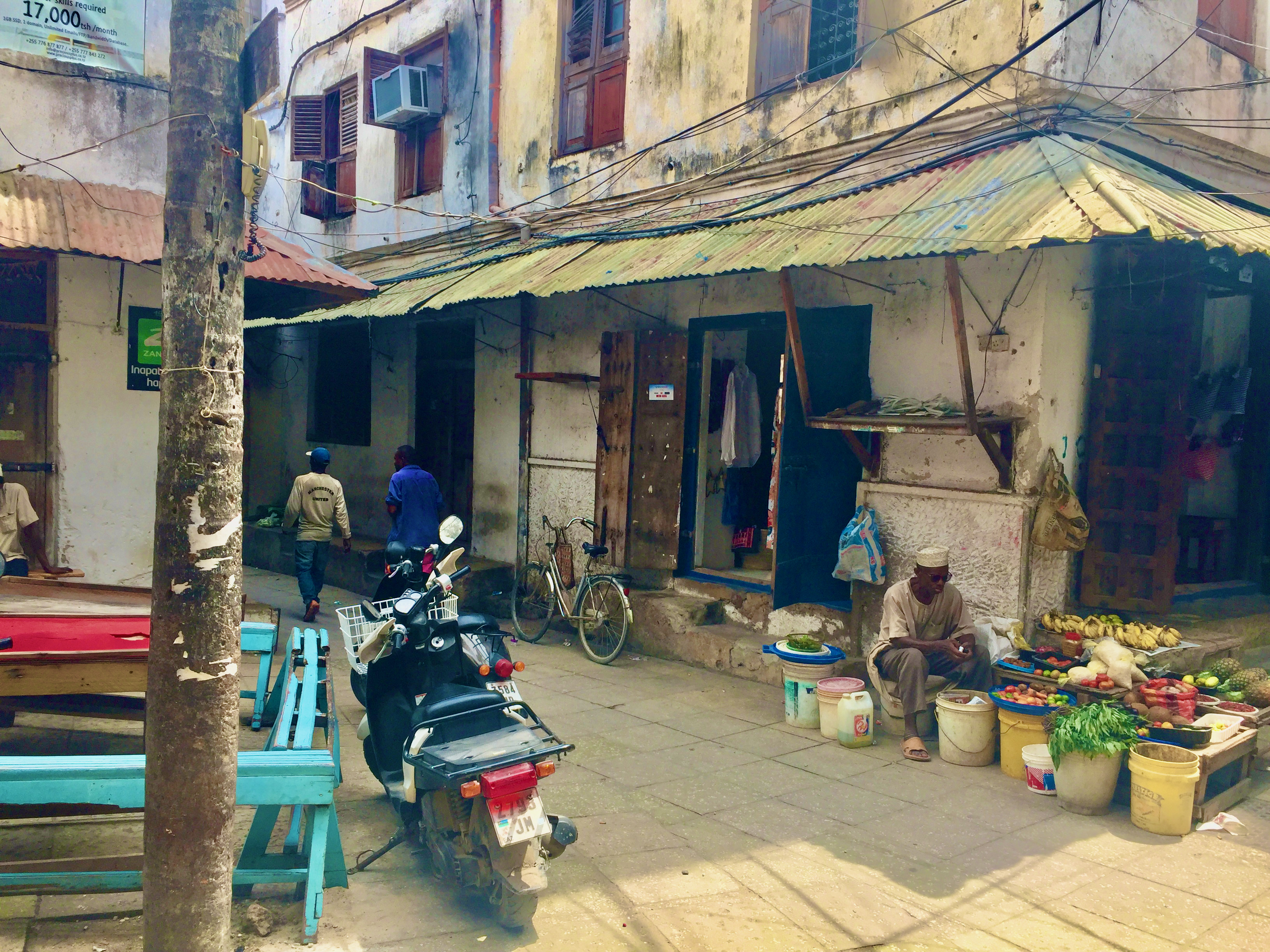
Freddie Mercury was born here and much is made of that, although he left when he was 12, and spent some time in India before that.
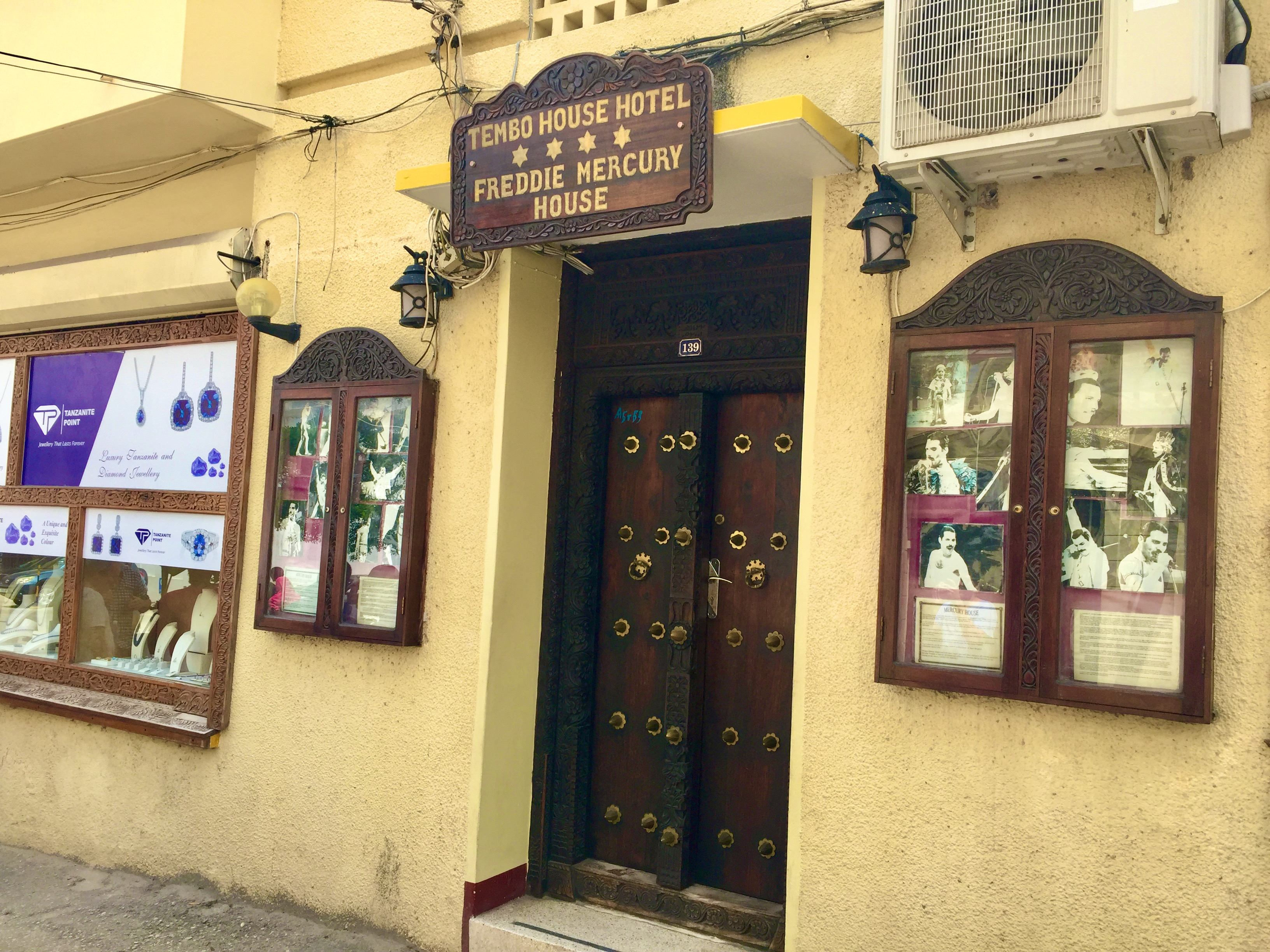
Zanzibar used to be something of a backpackers’ paradise as it was very cheap. But prices have crept up a bit and the luxury hotels have moved in during the last ten years or so. It’s still competitively priced compared to most Indian Ocean destinations and for me, it has the benefit of Stone Town to explore.
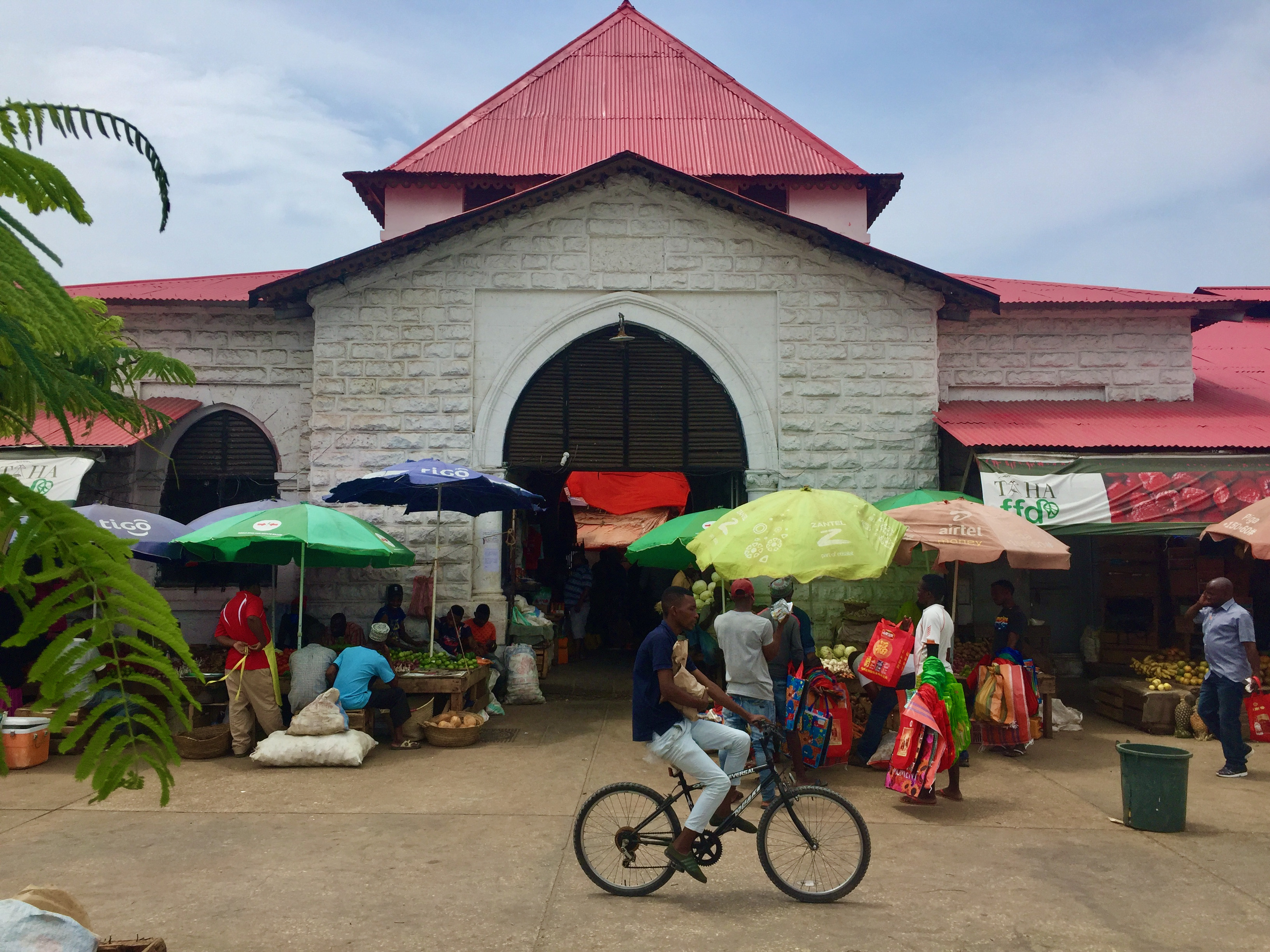
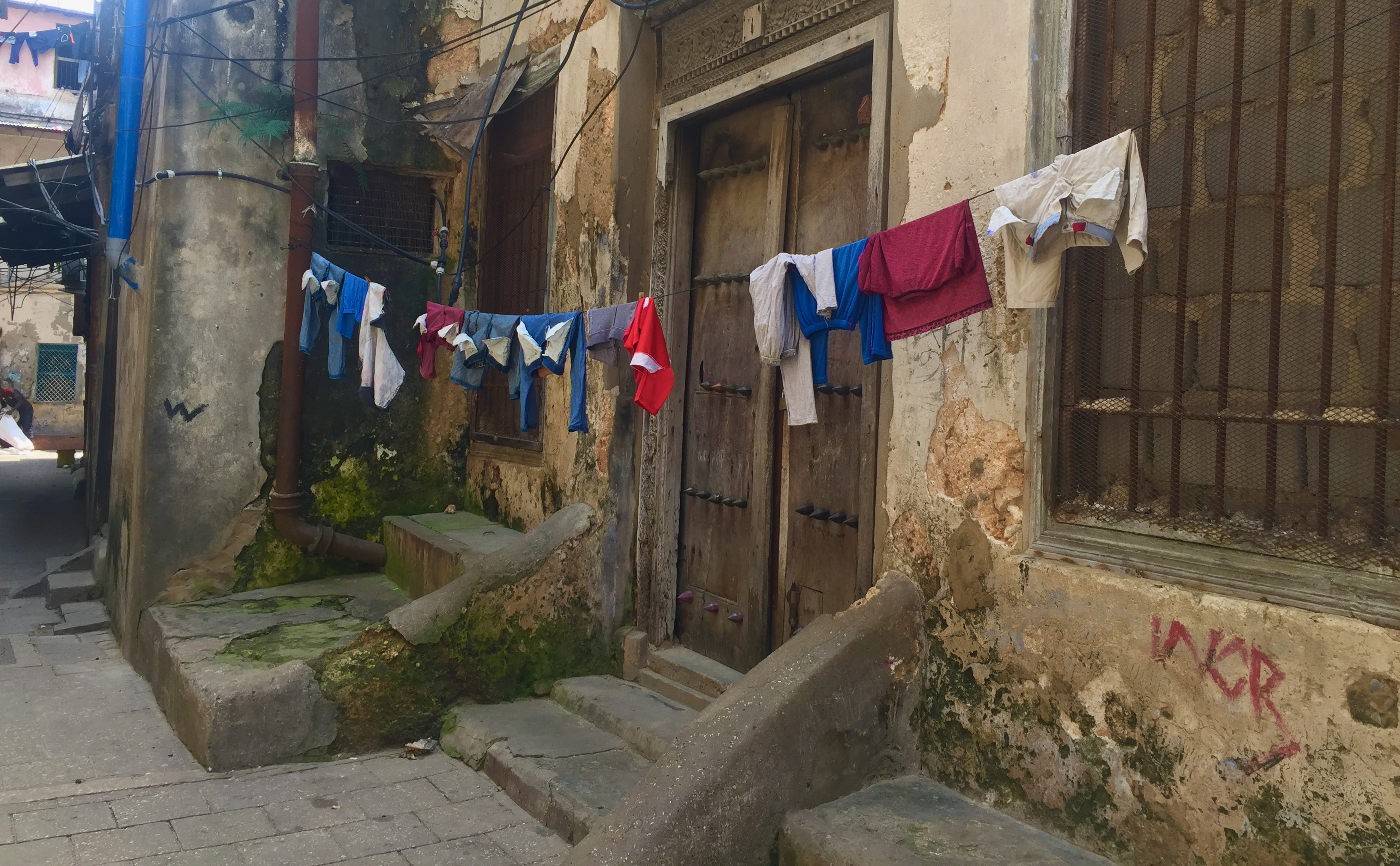
Stone Town tour
I liked Stone Town. It’s quite run down in places, but I think that adds to the atmosphere. It hasn’t been tarted up too much for tourists – it’s still a working town. You will enjoy it more with a guide, though. It’s very hot, so a walking tour and guide will get you to places of interest more efficiently than you would probably do yourself if you are pressed for time. I used Zan Tours, but there are plenty to choose from. If you want to explore at a more leisurely pace, you could go it alone, but I think you’d struggle to find more than two days to fill.
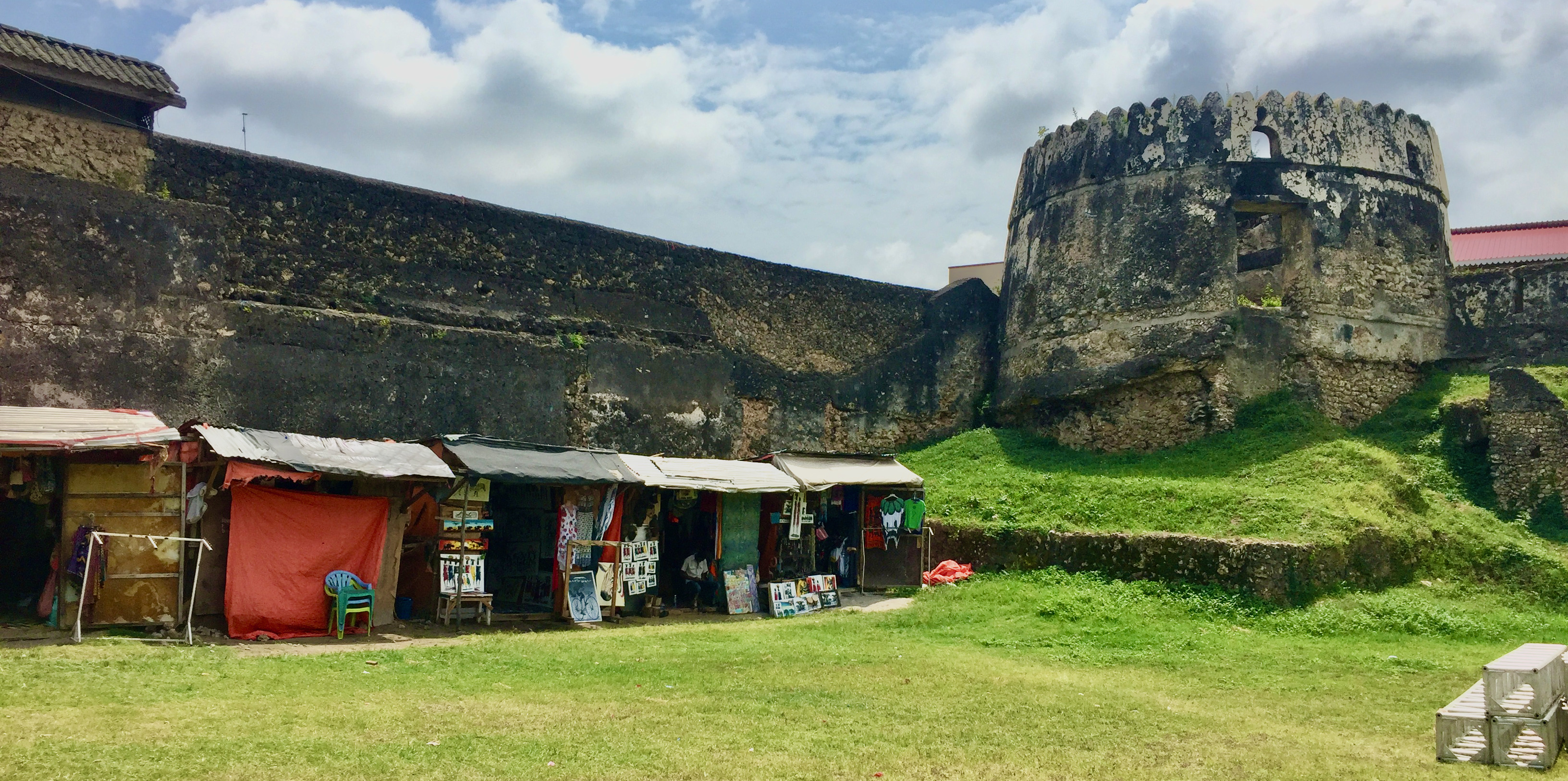
Stone Town is a historic, compact city, made up of a spice-scented labyrinth of car-free alleys in its centre. I was taken to look at the Old Fort, the slave market, the Christian cathedral, the Darajani produce market, a herbalist, and probably most important of all, some wonderful coffee shops and hotels with terraces overlooking the sea, prime spots for that all-important stunning sunset. Even if you are not keen on history, don’t miss the slave statue. If this doesn’t move you, nothing will.
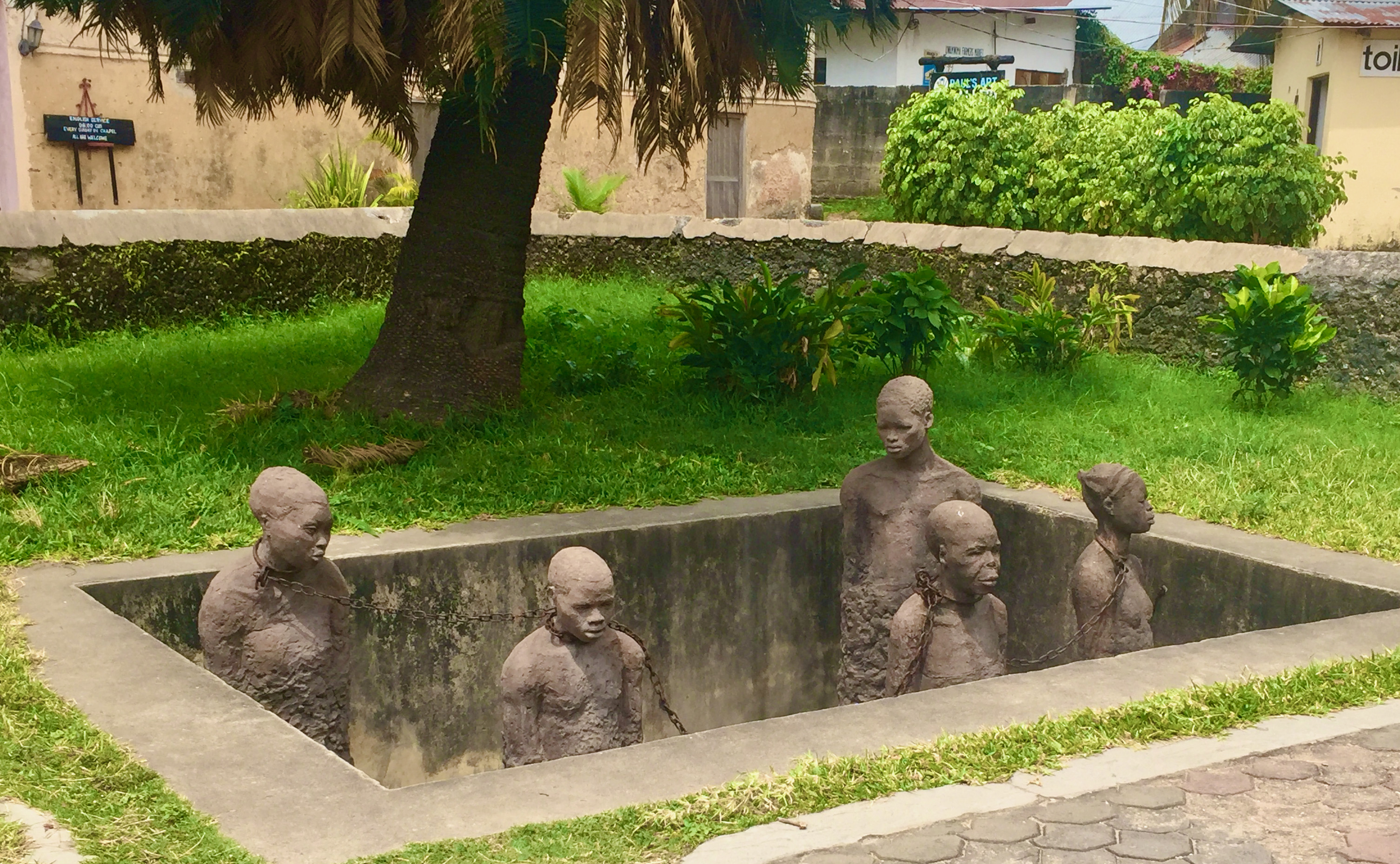
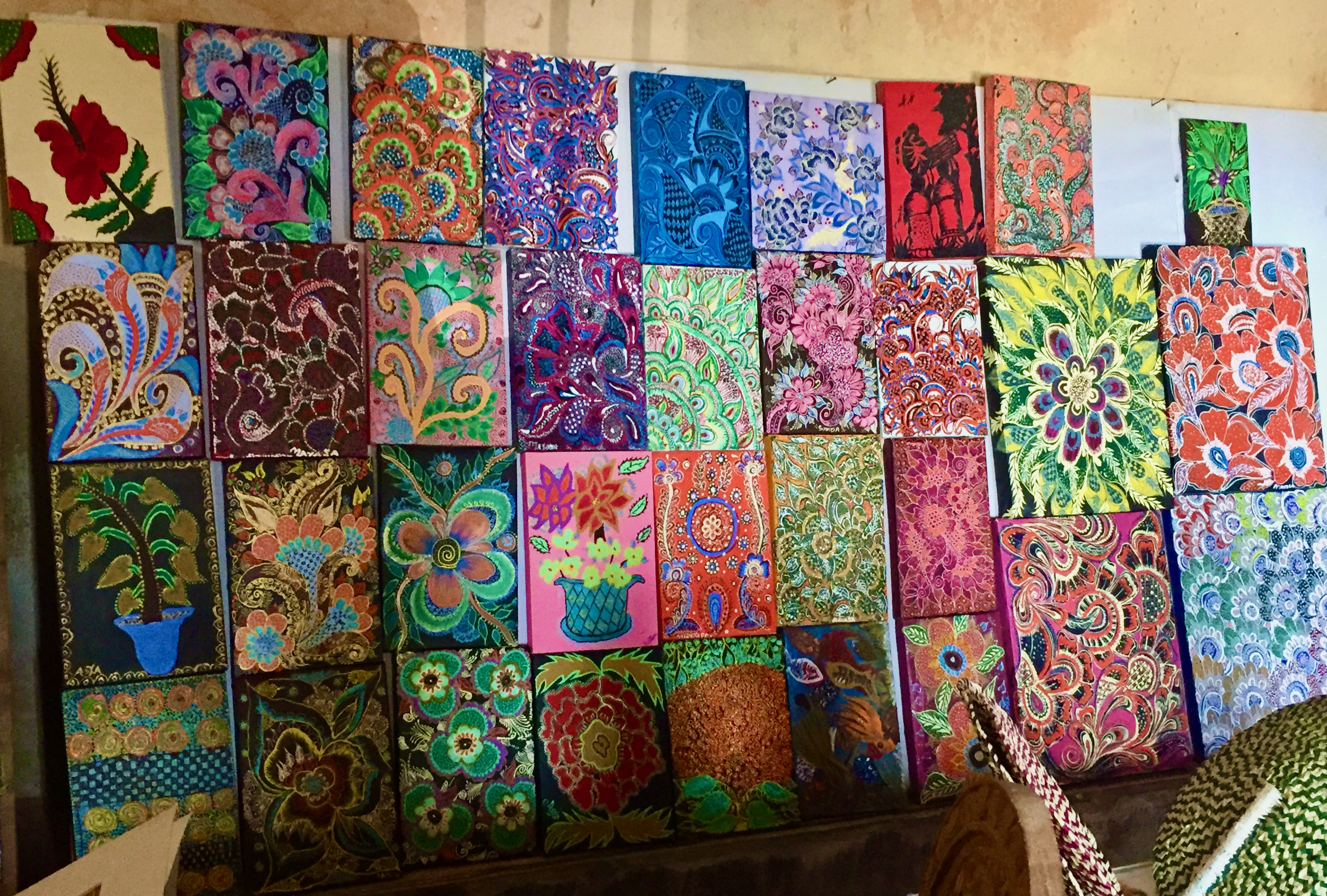
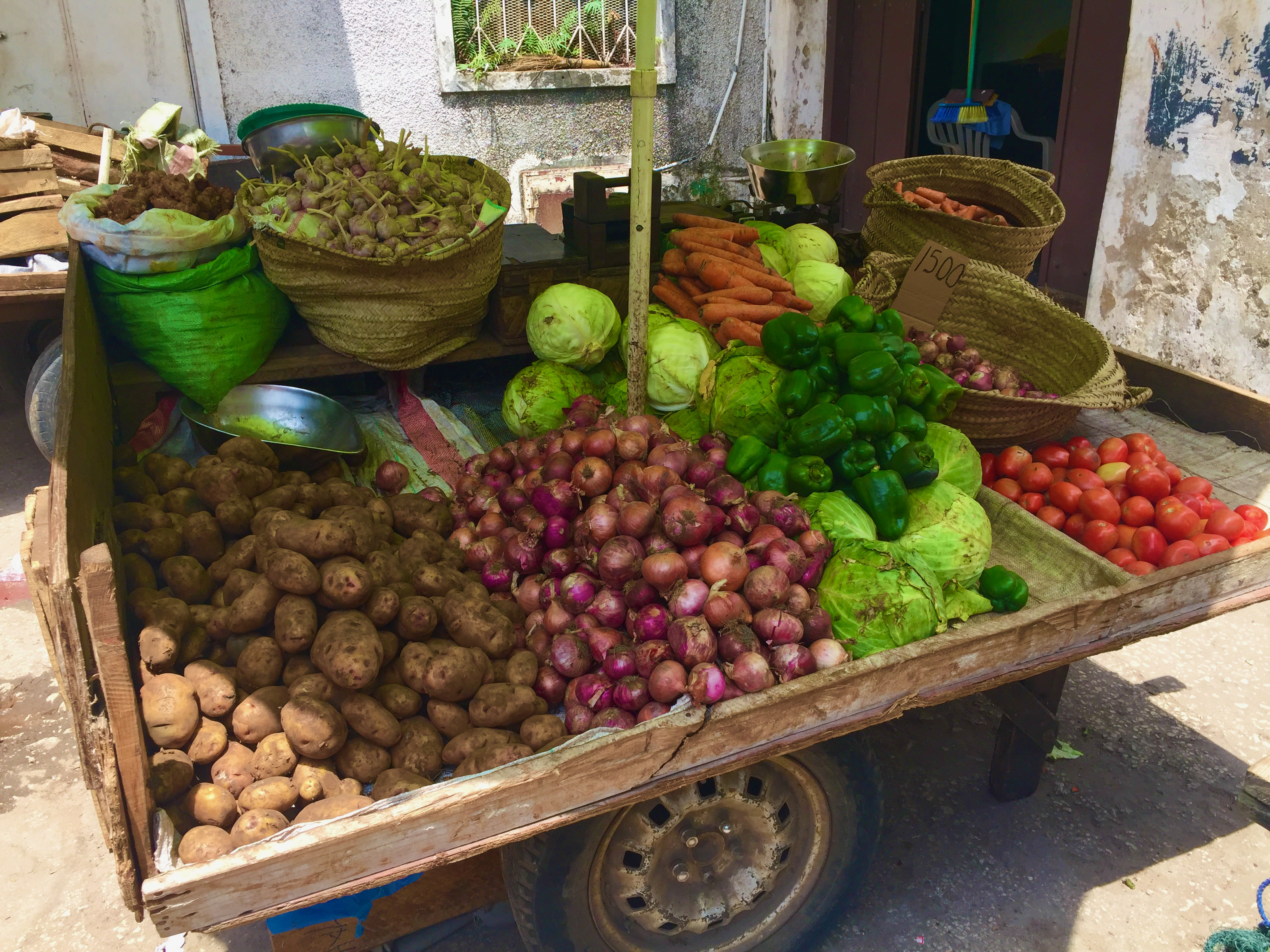
Street food at dusk
Most days, food stalls are set up at dusk in Forodhani Gardens near the harbour, to feed passers-by, tempted by the barbecue cooking smells. This is where numerous boat trips depart during the day. You can also go swimming with dolphins and visit the giant tortoises on Prison Island, but this sort of activity wasn’t for me, as I don’t think it’s particularly well managed from an animal welfare point of view.
Best coffee shop
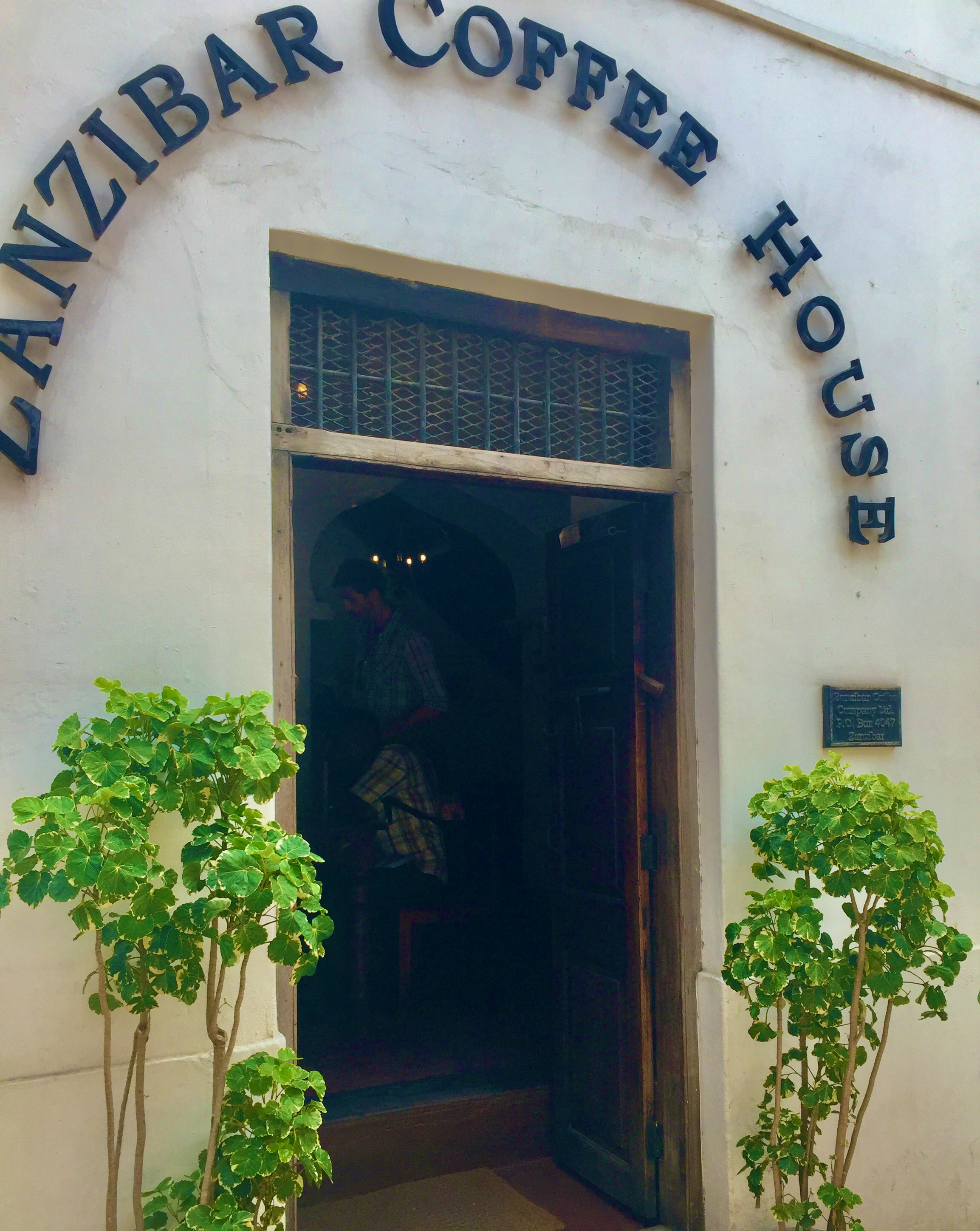
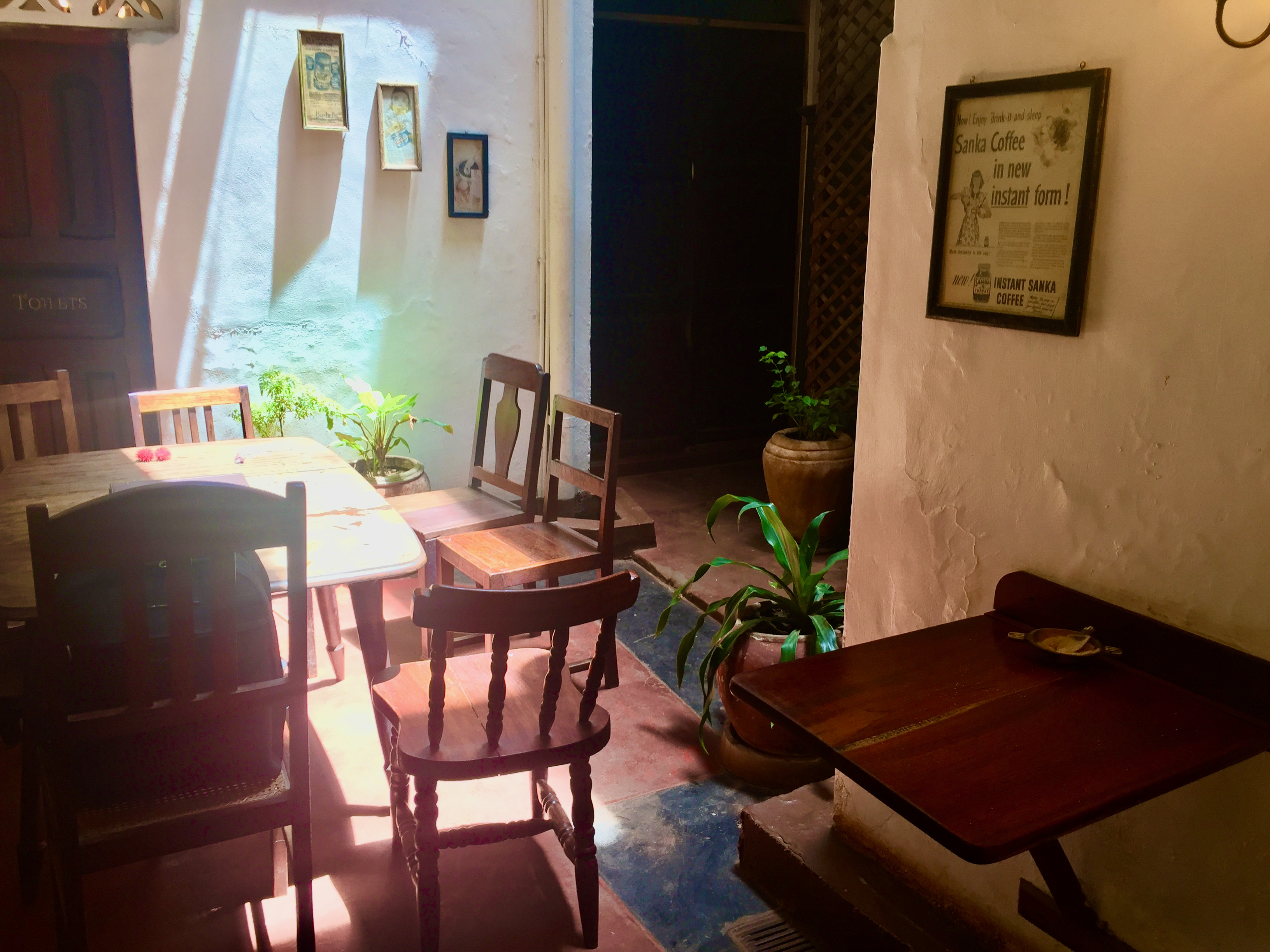
I loved the Zanzibar Coffee House, run by a Swiss ex-pat. Excellent cakes and coffee with a hotel attached, with period rooms and that essential rooftop bar.
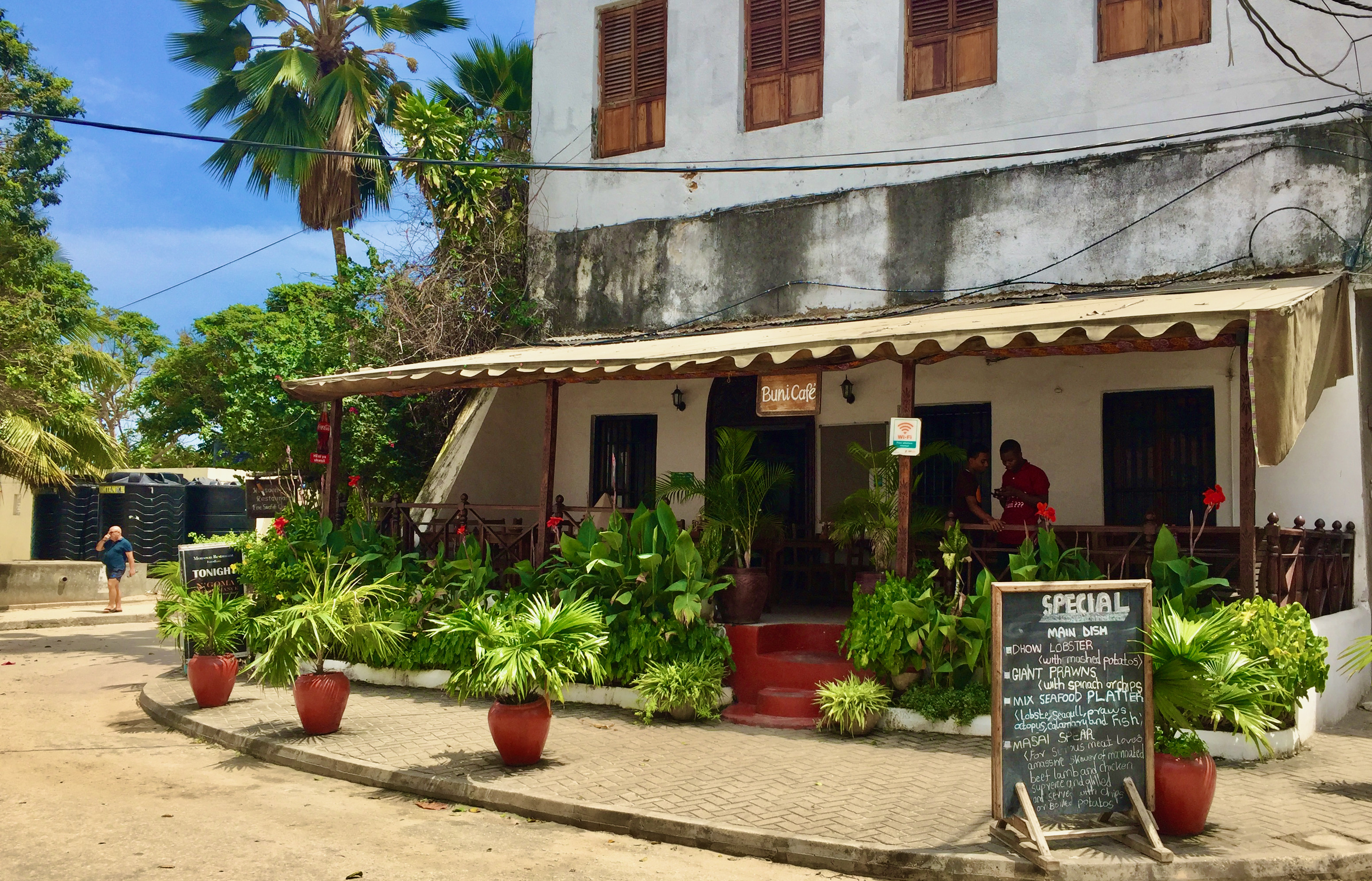
Zanzibar is perfect if you like fish, obviously. I saw several fish restaurants in town and there is a market near the harbour if you want to see the day’s catch.
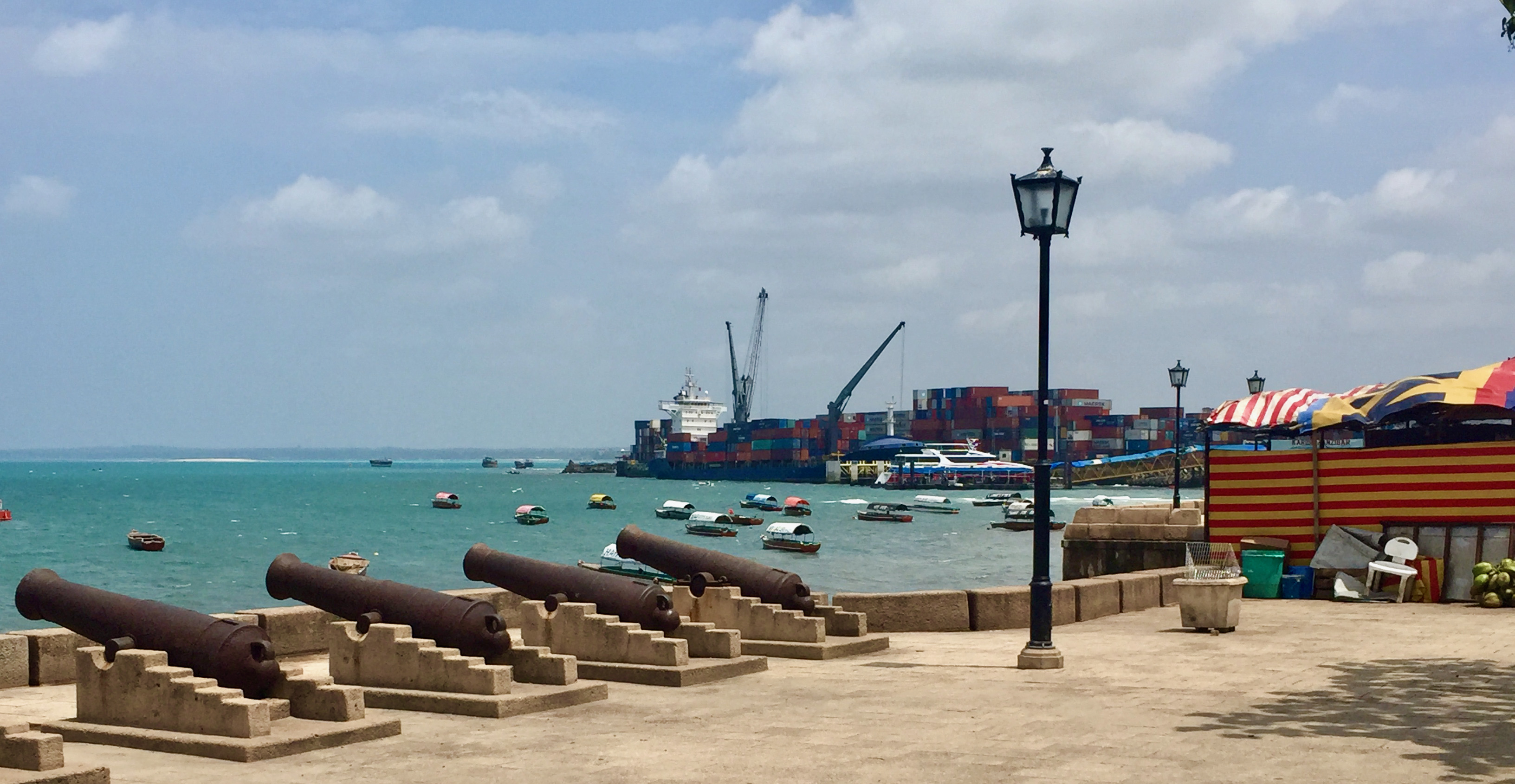
If you like diving, there are marvellous coral reefs to explore that can be reached by wading out at low tide on the east coast. Numerous hotels offer diving as an activity, so check when you book.
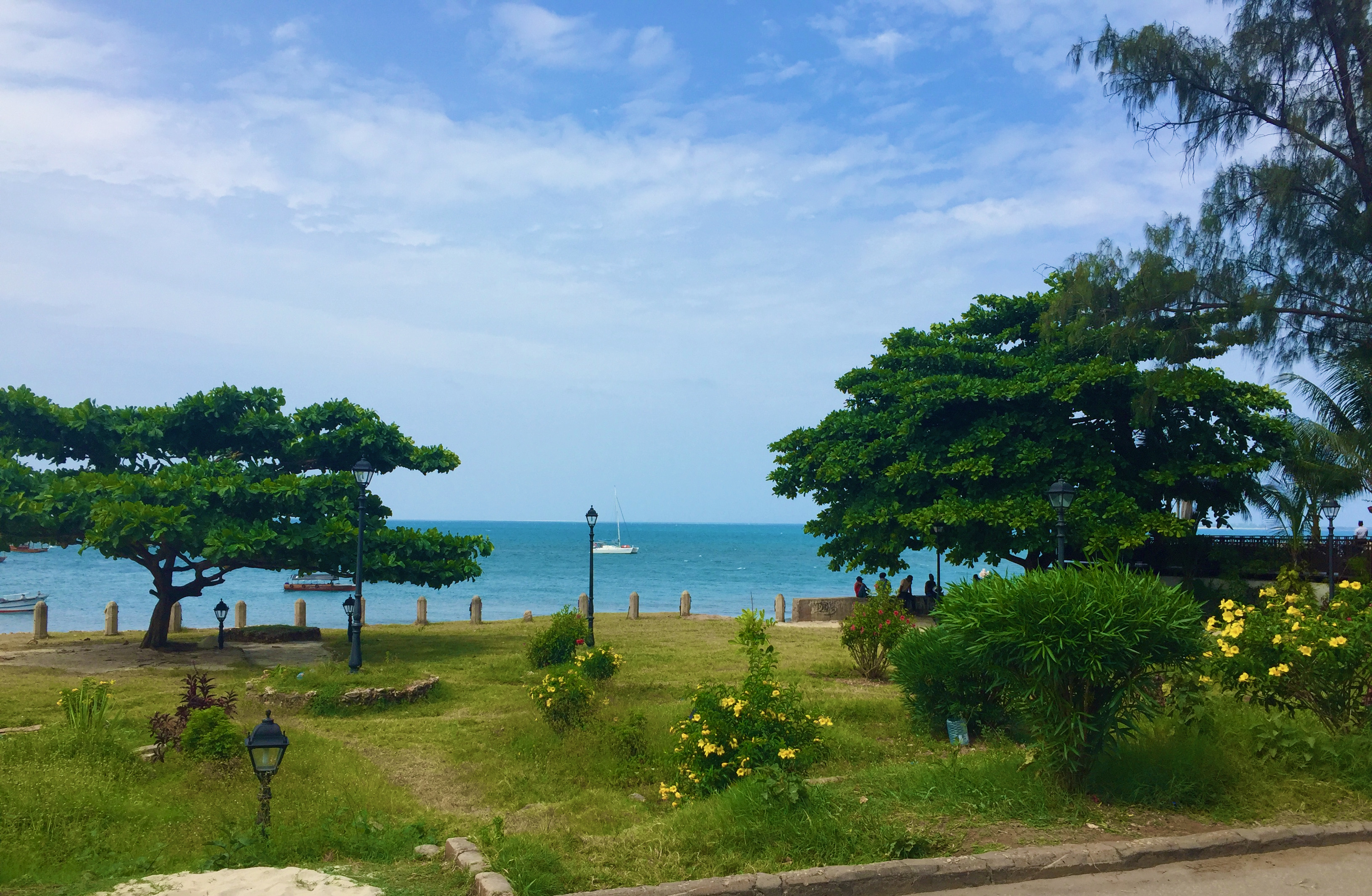
The East coast is wilder, and the beach can slope steeply, with strong undercurrents. If you want calmer, gentler waters head for the northwest, where the sea is protected by the mainland.
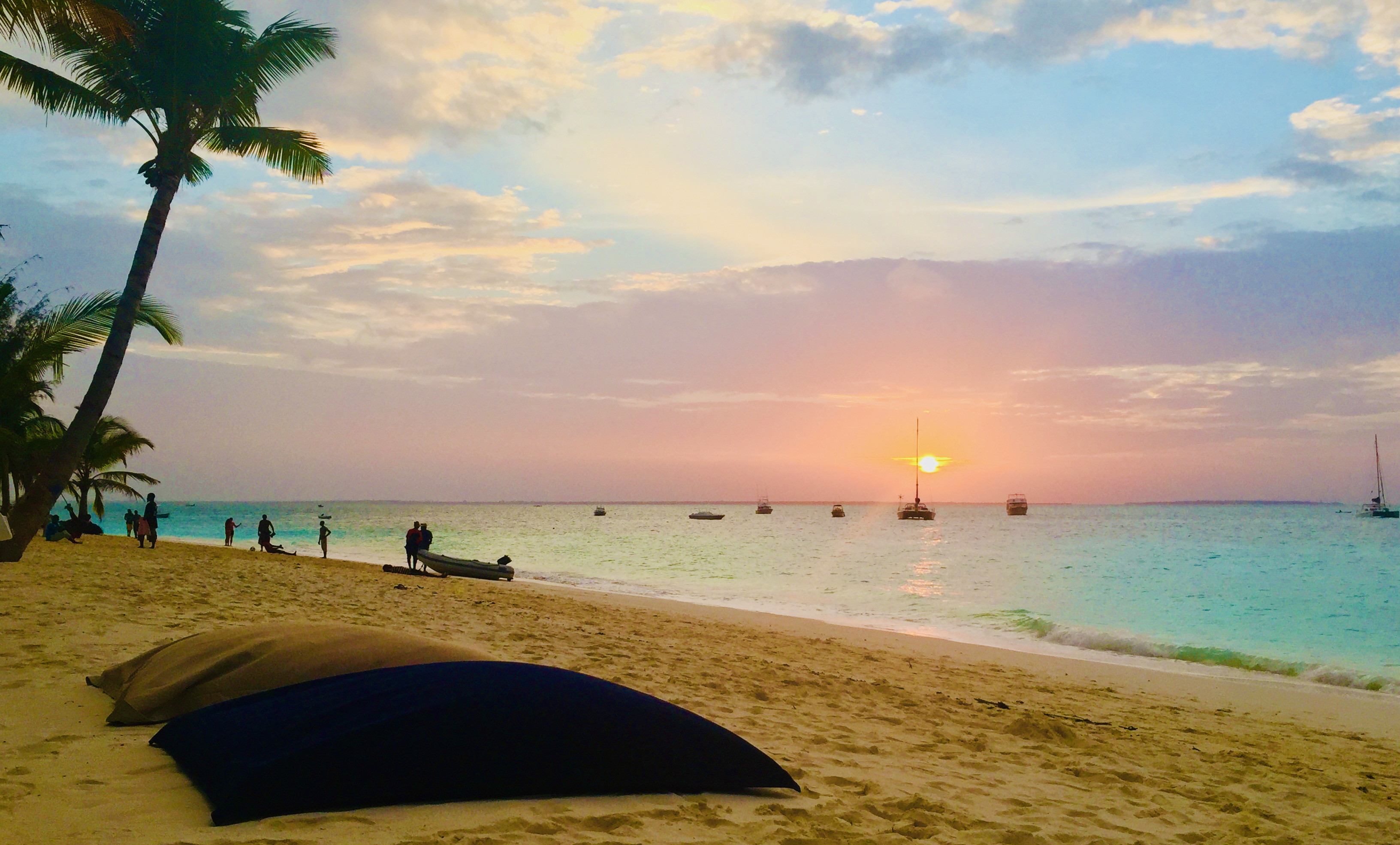
It takes about an hour to get from north to south of the island, so it might be an idea to base yourself near Stone Town or visit it first before transferring to your hotel.
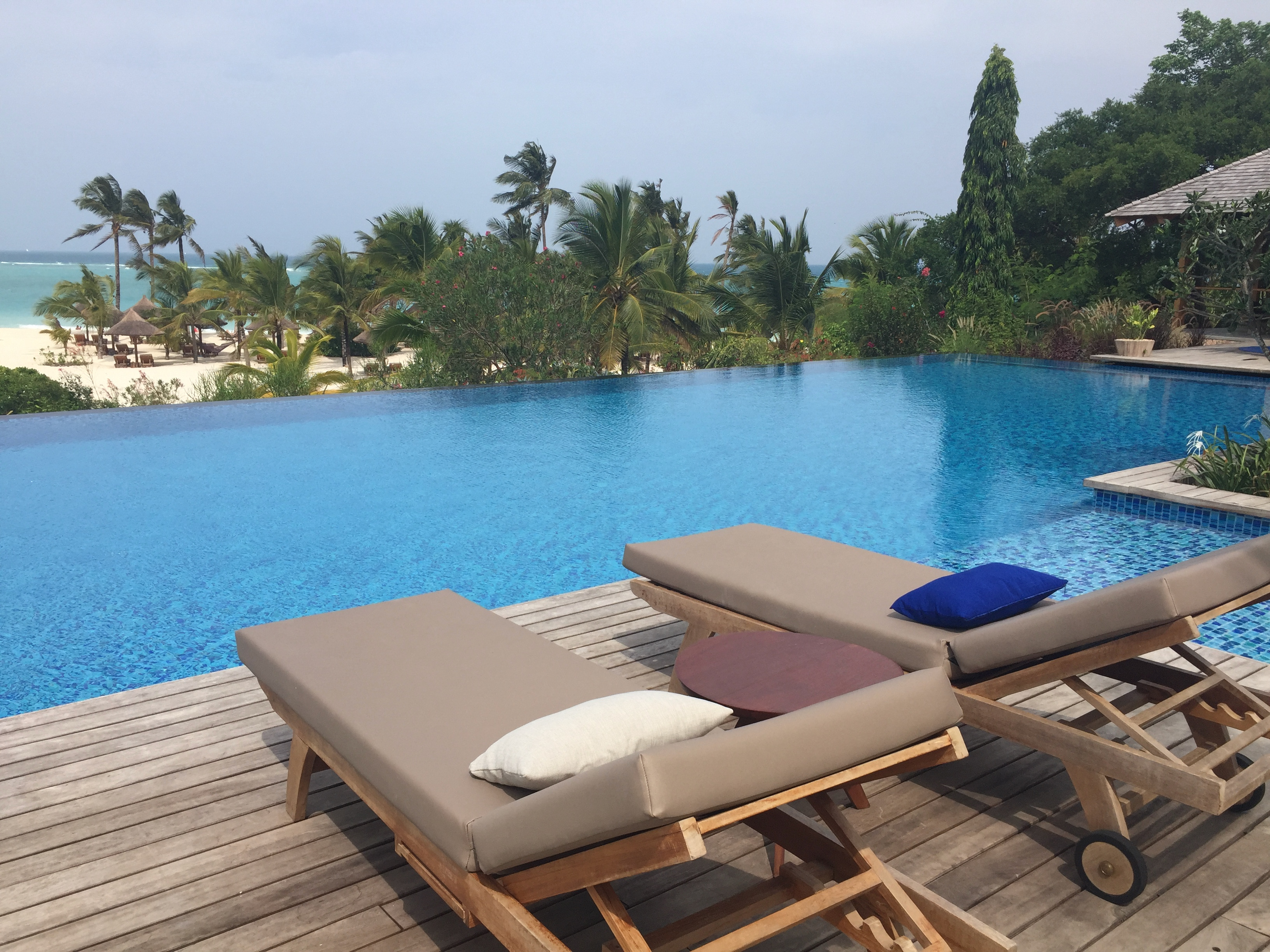
Some well-known hotel brands have moved in, like the African Serena brand and American Park Hyatt, both of which I like. You can also get all-inclusive hotels. Unless you eat and drink a lot or like your holiday paid for upfront, I’m not naturally attracted to these.
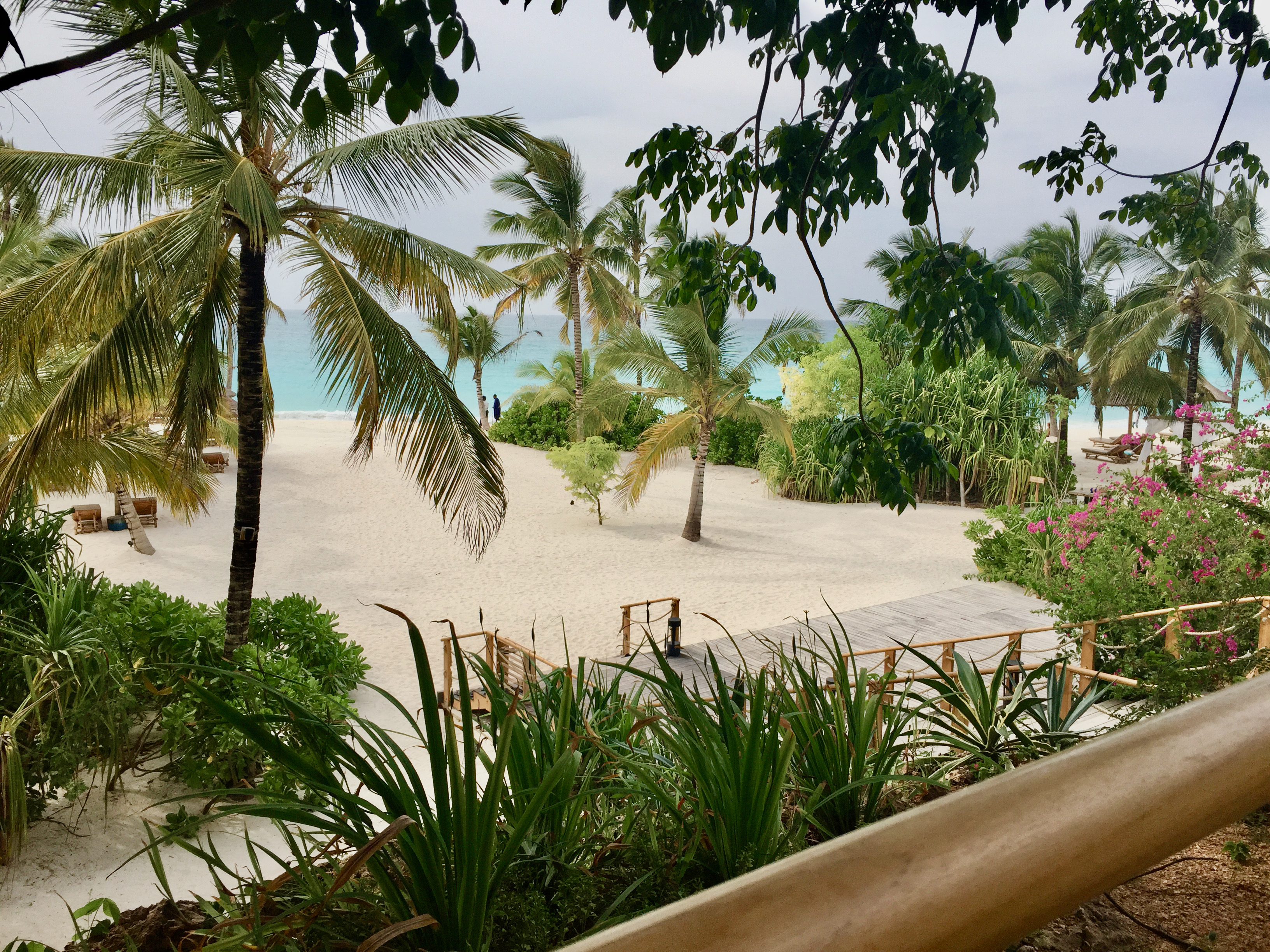
I’m not a beach person (but I do like a nice pool), so a hotel in town would suit me. But if you like the beach, Zuri in the northwest has its own golden sands – 300 metres of them, with safe bathing. It’s not cheap, but it’s all-suite (45 private bungalows) sensibly positioned apart from each other and nice food. (Options for veggies not great, but islands rarely are). Excellent spa and treatments. Service is reported by some to be a bit slow, but hey, this is Africa.
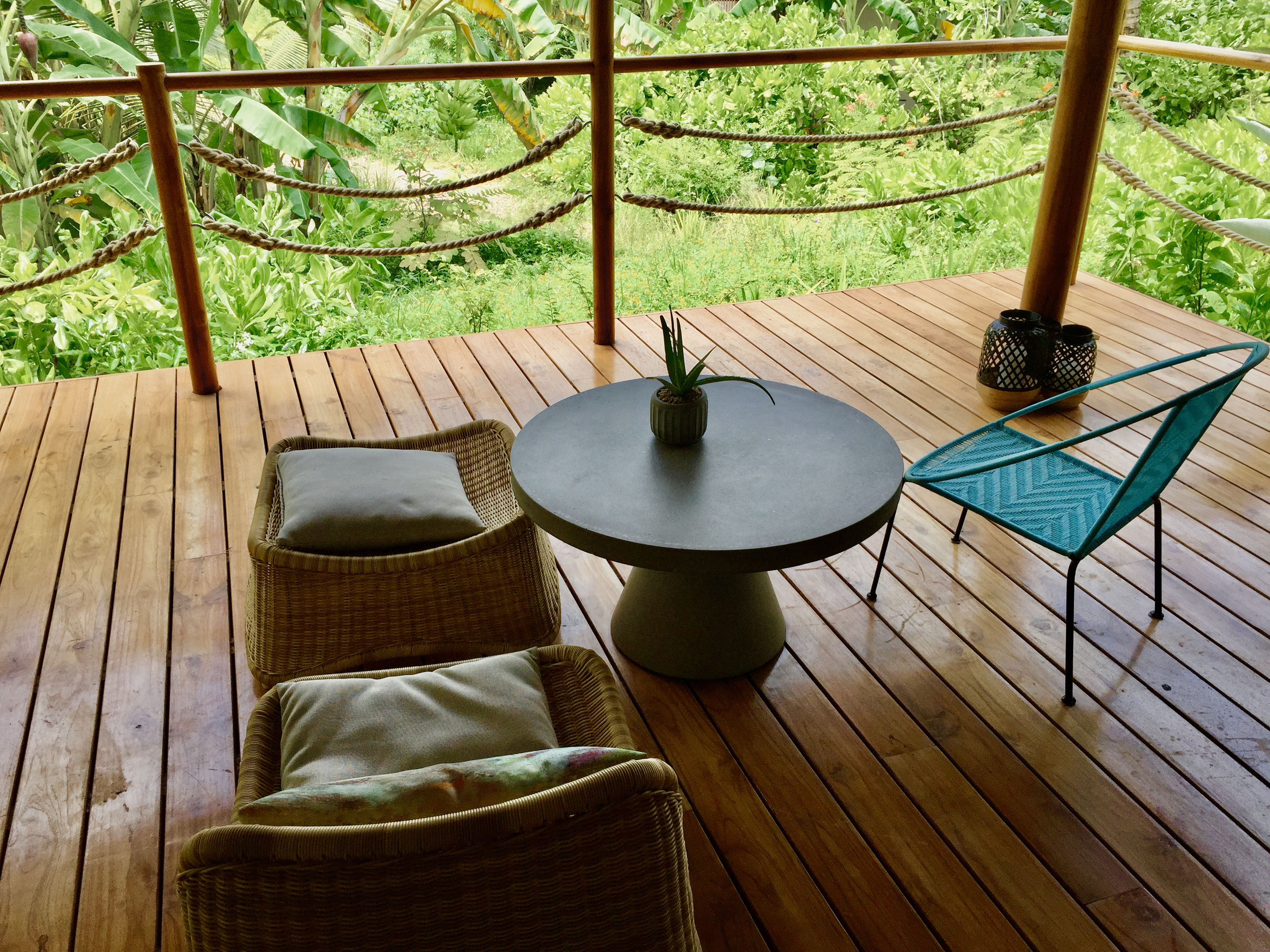
Visit a spice farm
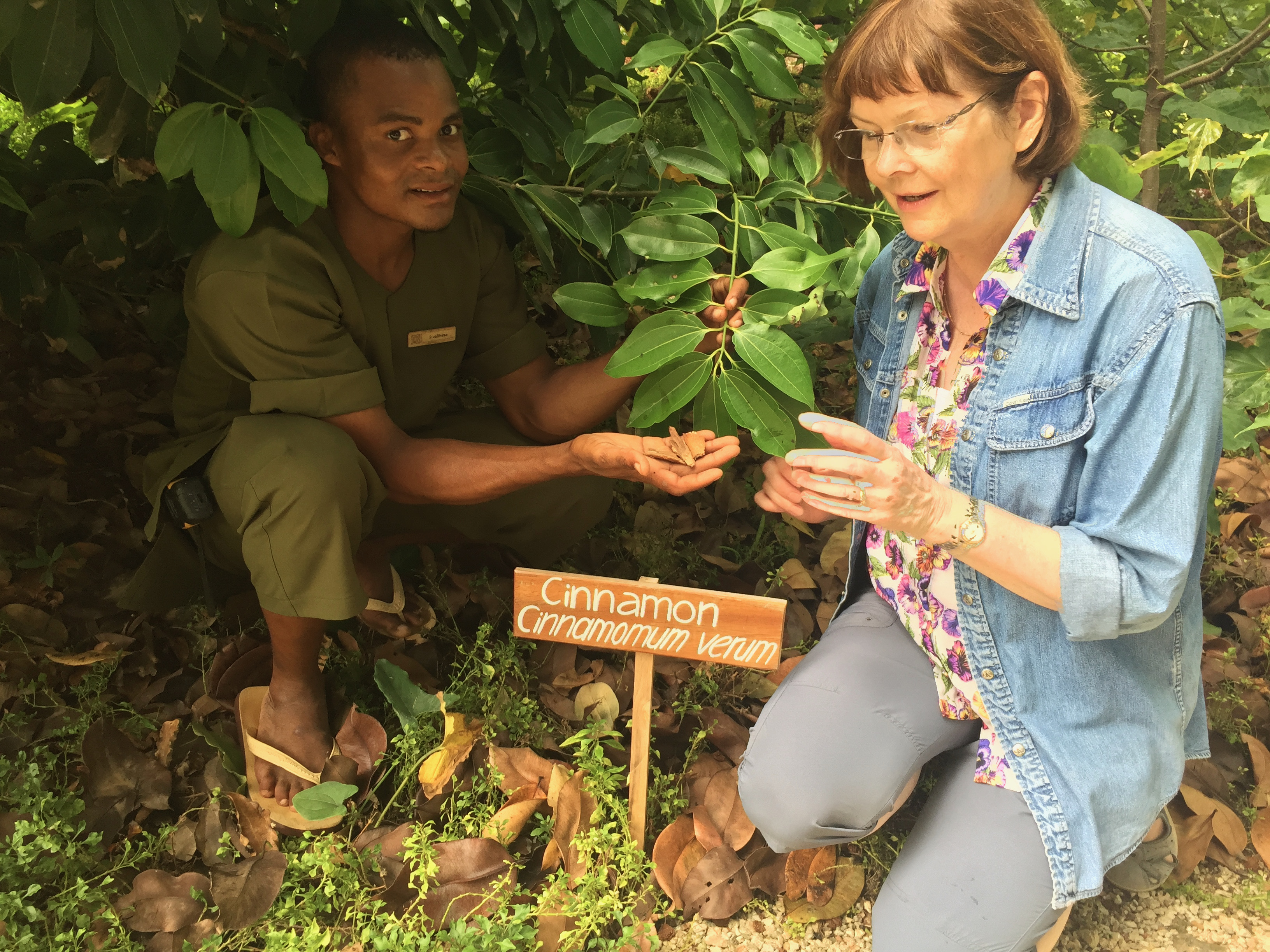
Make sure you visit a spice farm with a guide. It’s usually free to enter but your guide relies on his tips. Avoid the overpriced spice farm shop – you’ll find cheaper spices in Stone Town. My hotel had its own spice garden but obviously didn’t have the range that a dedicated farm would have.
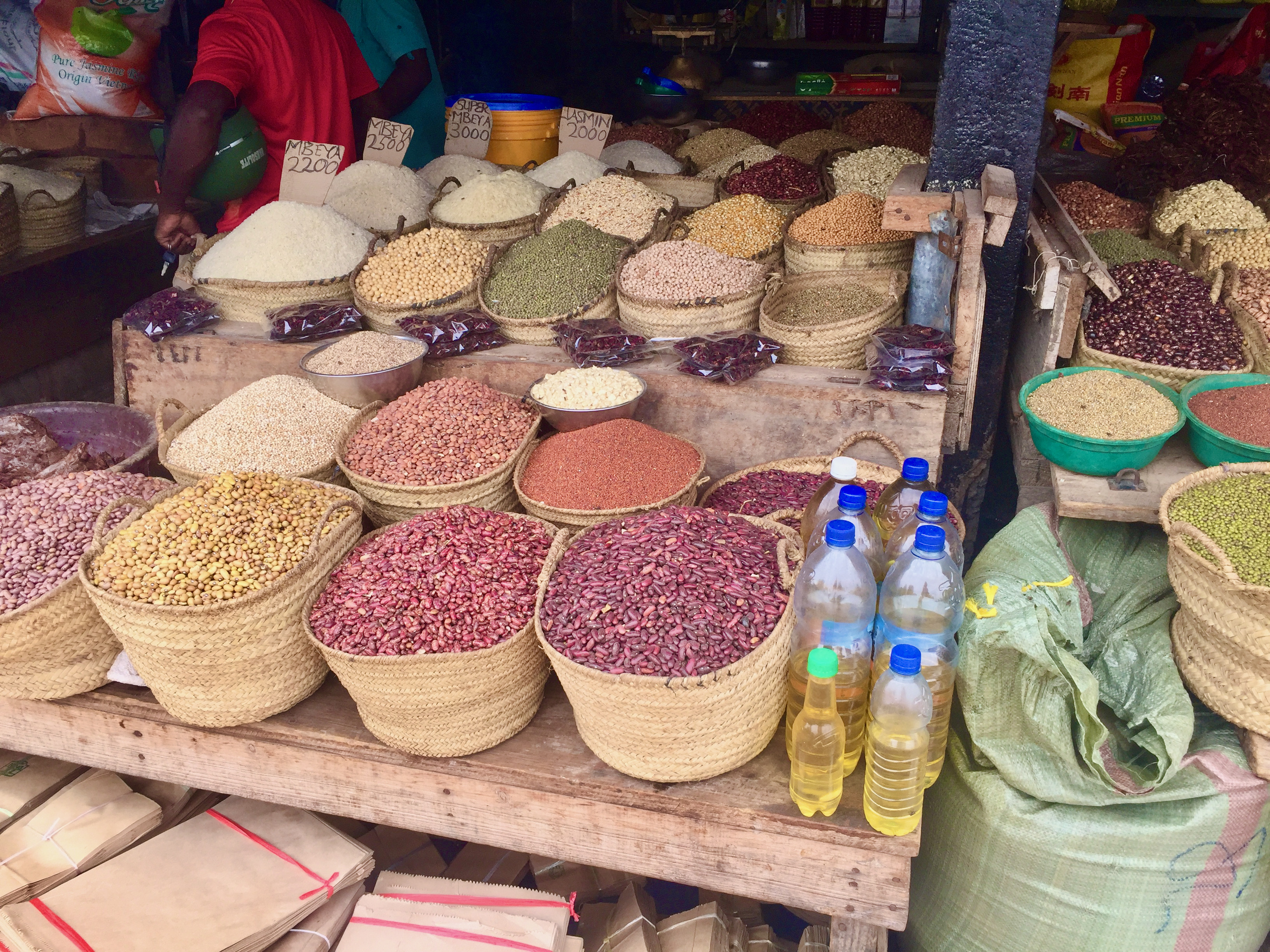
My top tips for Zanzibar:
- The people are poor. If you must haggle at stalls and shops, please try to be fair.
- Although it’s hot all year, try to avoid the months of March to May, when it rains a lot. Not something a Brit would appreciate. June to October is cooler by a few degrees.
- Do check your accommodation has aircon as the heat and humidity is enervating and you do need a good sleep to be able to cope.
- Take malaria tablets. You can buy them online from Dr Fox. I find I have no reaction with generic Malarone. You can buy both the branded and generic versions. Asda also sells them, maybe a bit cheaper.
- If you are only there for a few days, most places accept US dollars.
- You need a visa, but you can get it on entry. Last time I checked, it was US$50
Disclosure:
A fully hosted trip. (I flew Business class on the way out – but I paid for it on my (cabin class) return: my plane was delayed, so I had six hours in Nairobi airport from 1am to 7am on a hard seat with all the shops closed.
Zanzibar is definitely worth a visit if you are dithering. Maybe combine it with a safari if you haven’t done that. My safari blogs are here:
Have you been to Zanzibar? Do let me know in the comments.

